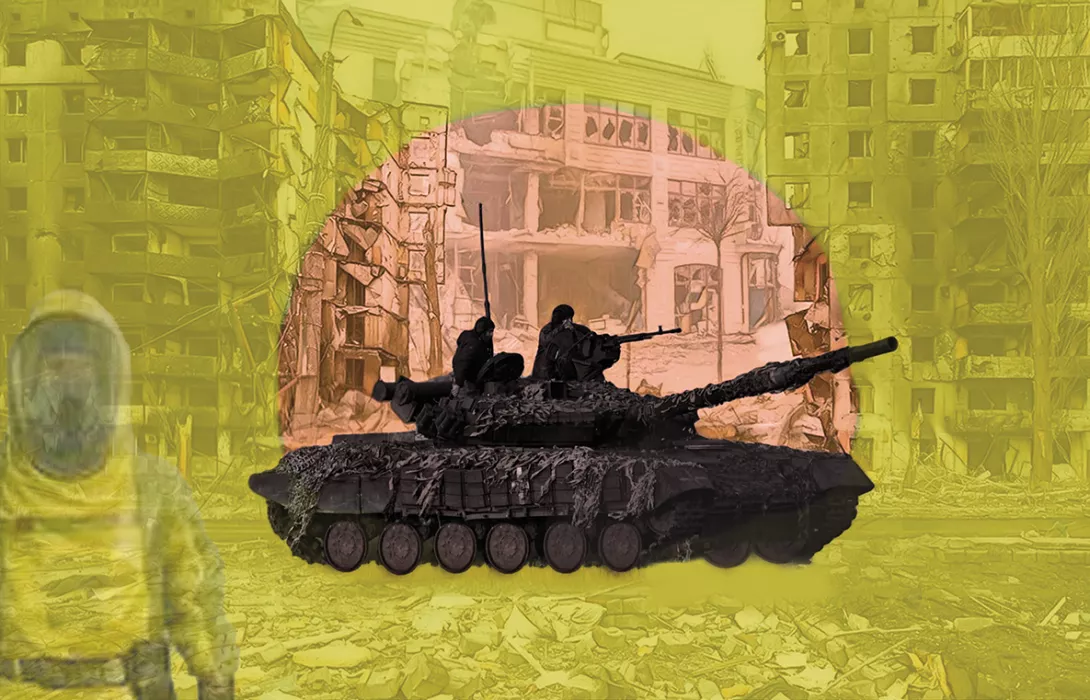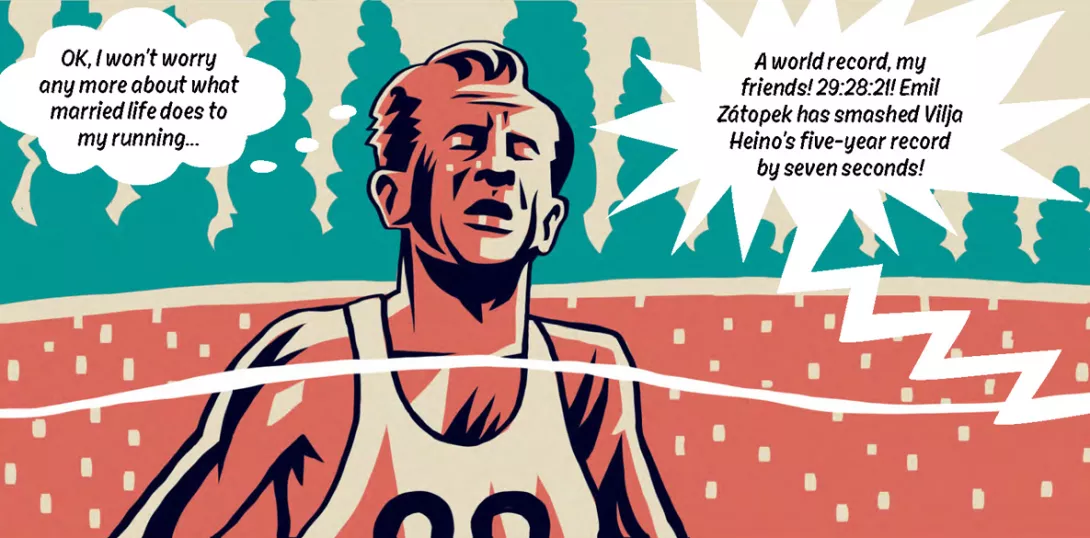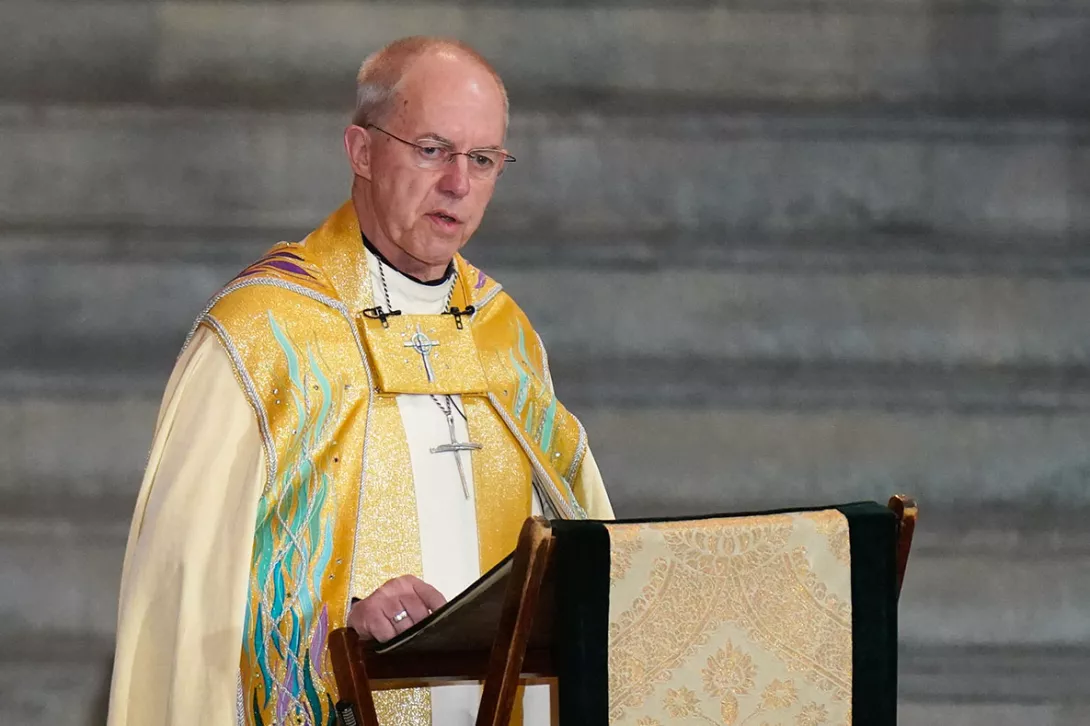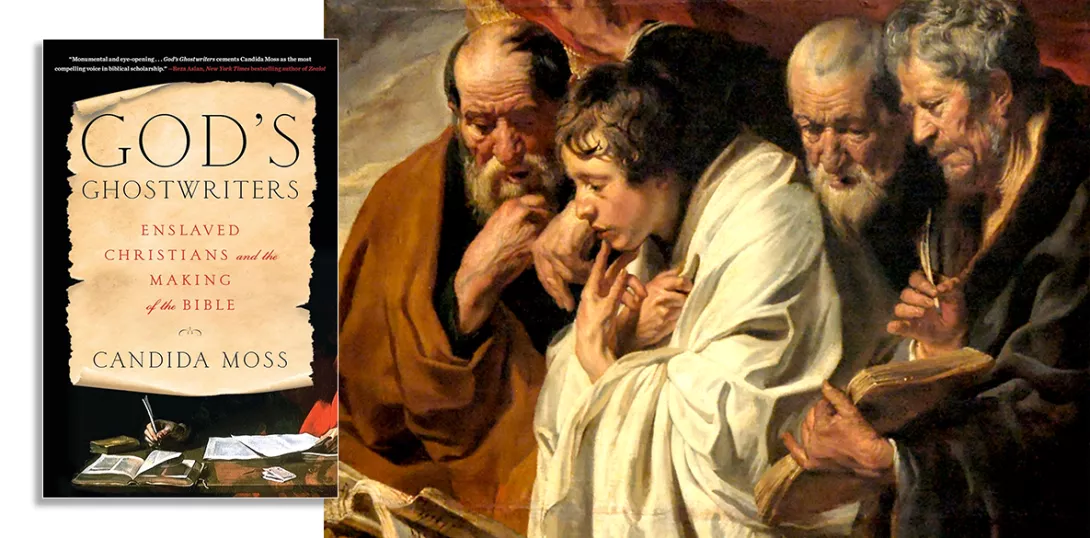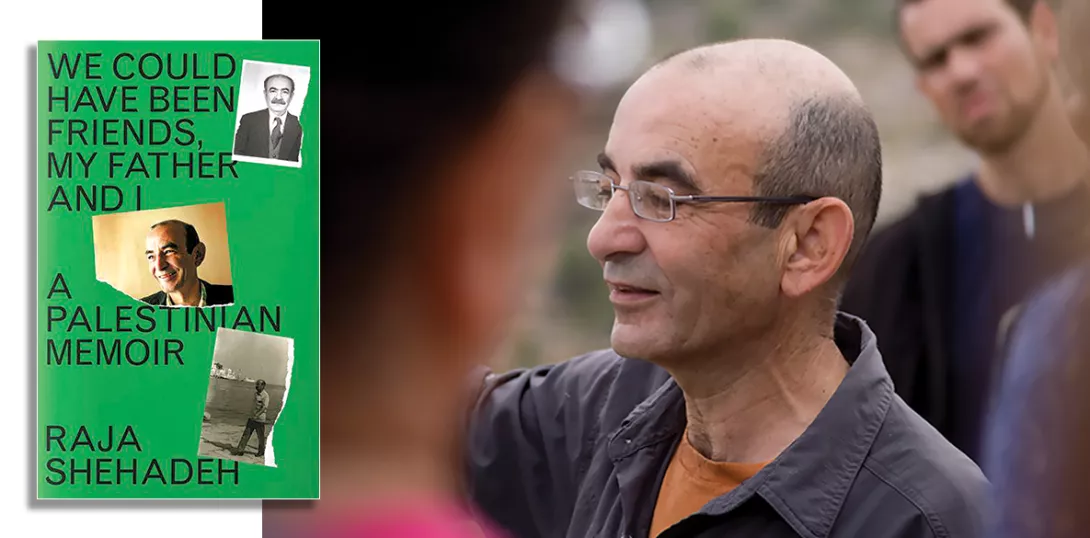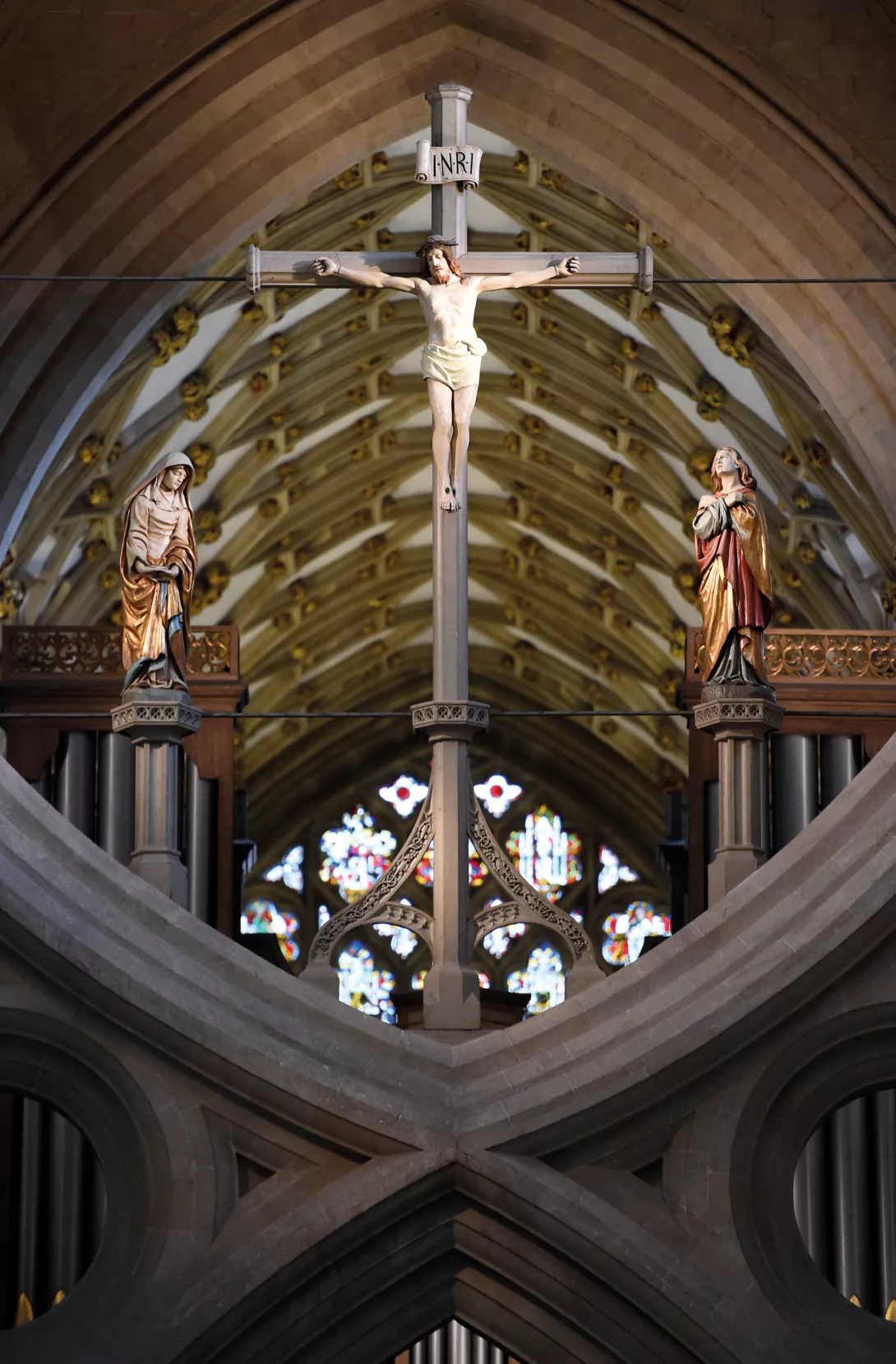
THE relationship between religion and Marxism has historically been an antagonistic one, with the former (at least with respect to its hierarchy) typically siding with the interests of the ruling class.
Organised religion helped legitimise and strengthen the position of society’s elites by espousing ideas that justified inequality as God’s will or which promised the poor and downtrodden a reward in the afterlife.
Such heavenly promises served to mollify proletarian resentment about their earthly oppression while duping them into accepting the status quo as part of a divine being’s master plan. Karl Marx wrote: “Religion is the sigh of the oppressed creature, the heart of a heartless world, and the soul of soulless conditions. It is the opium of the people.”

